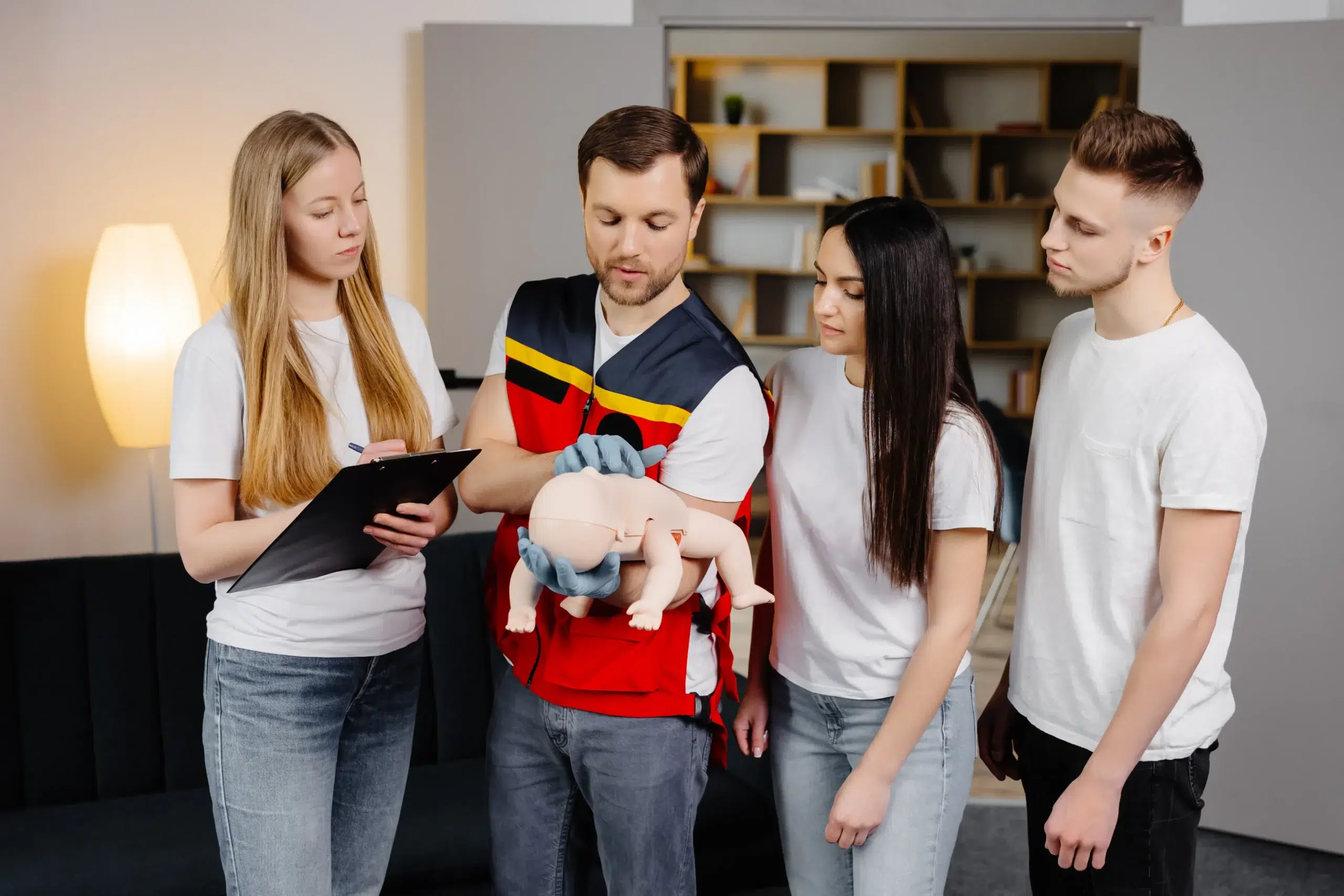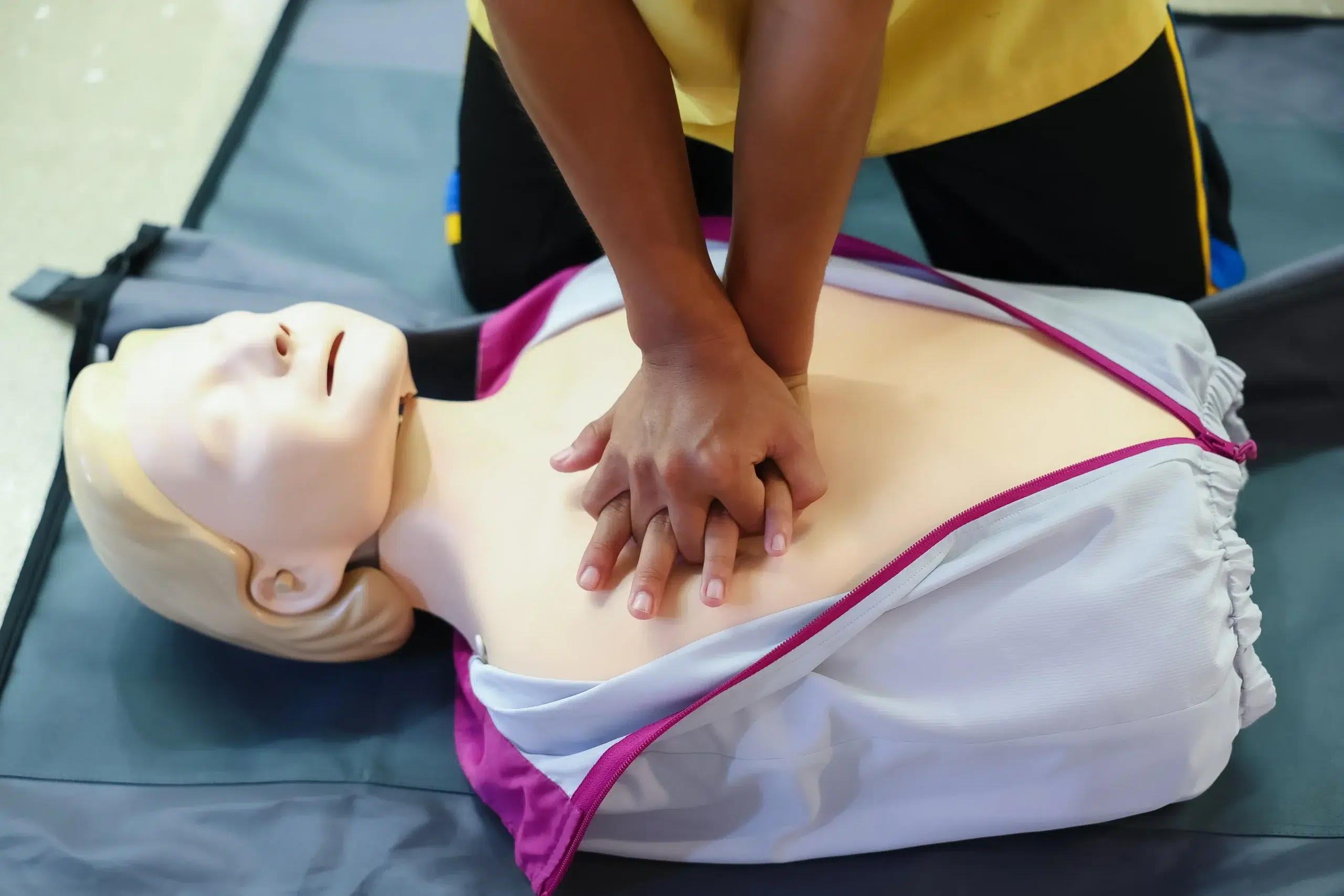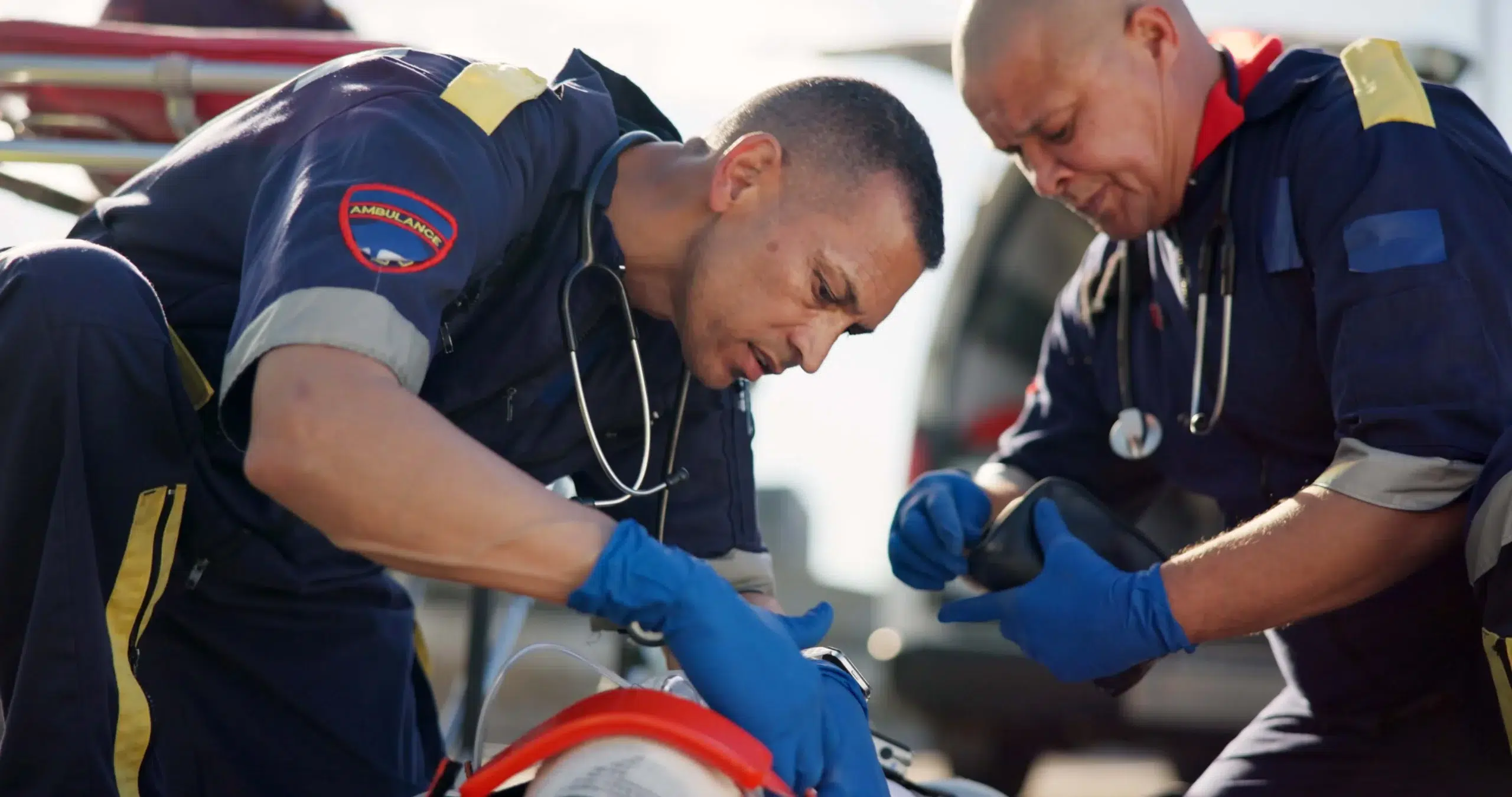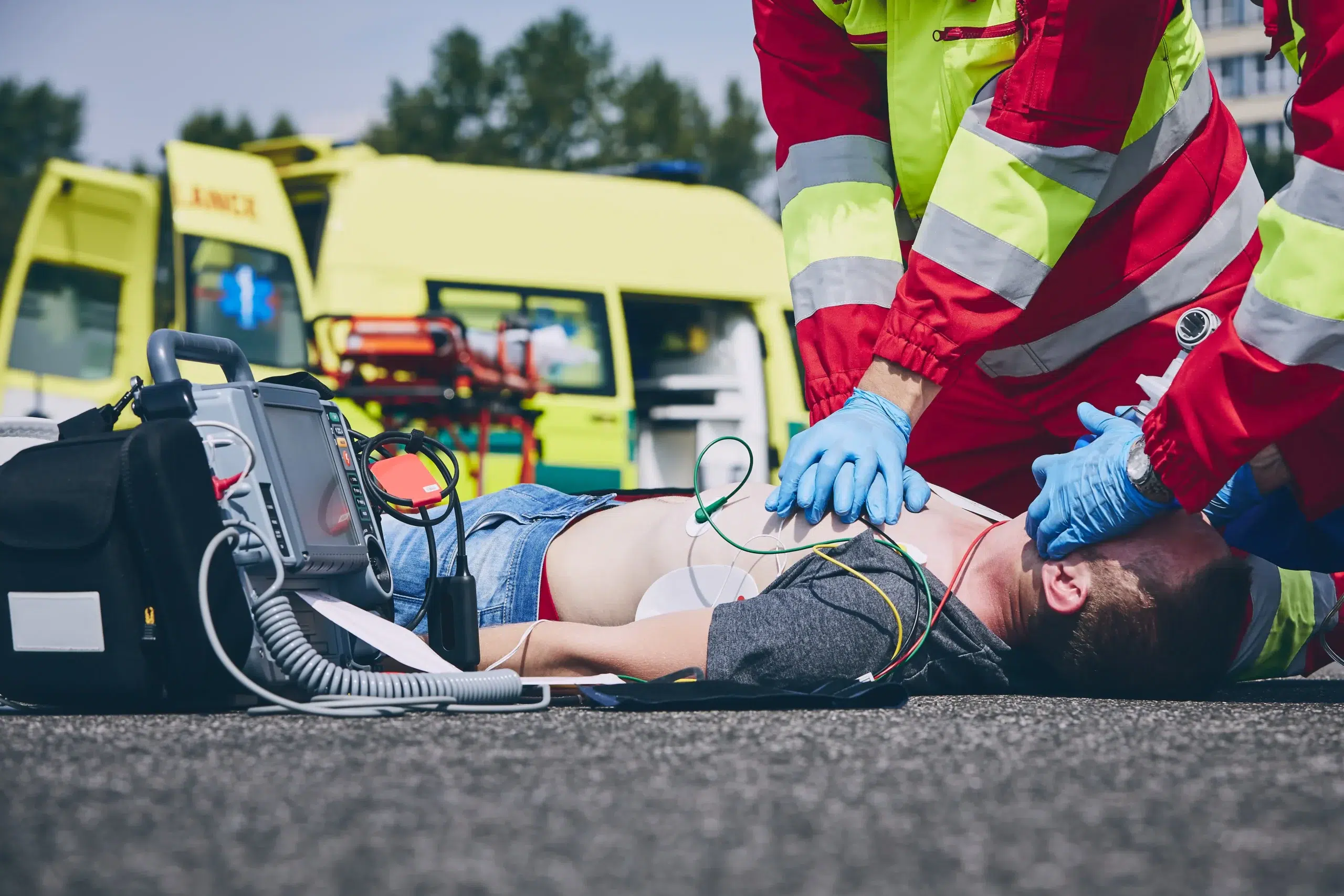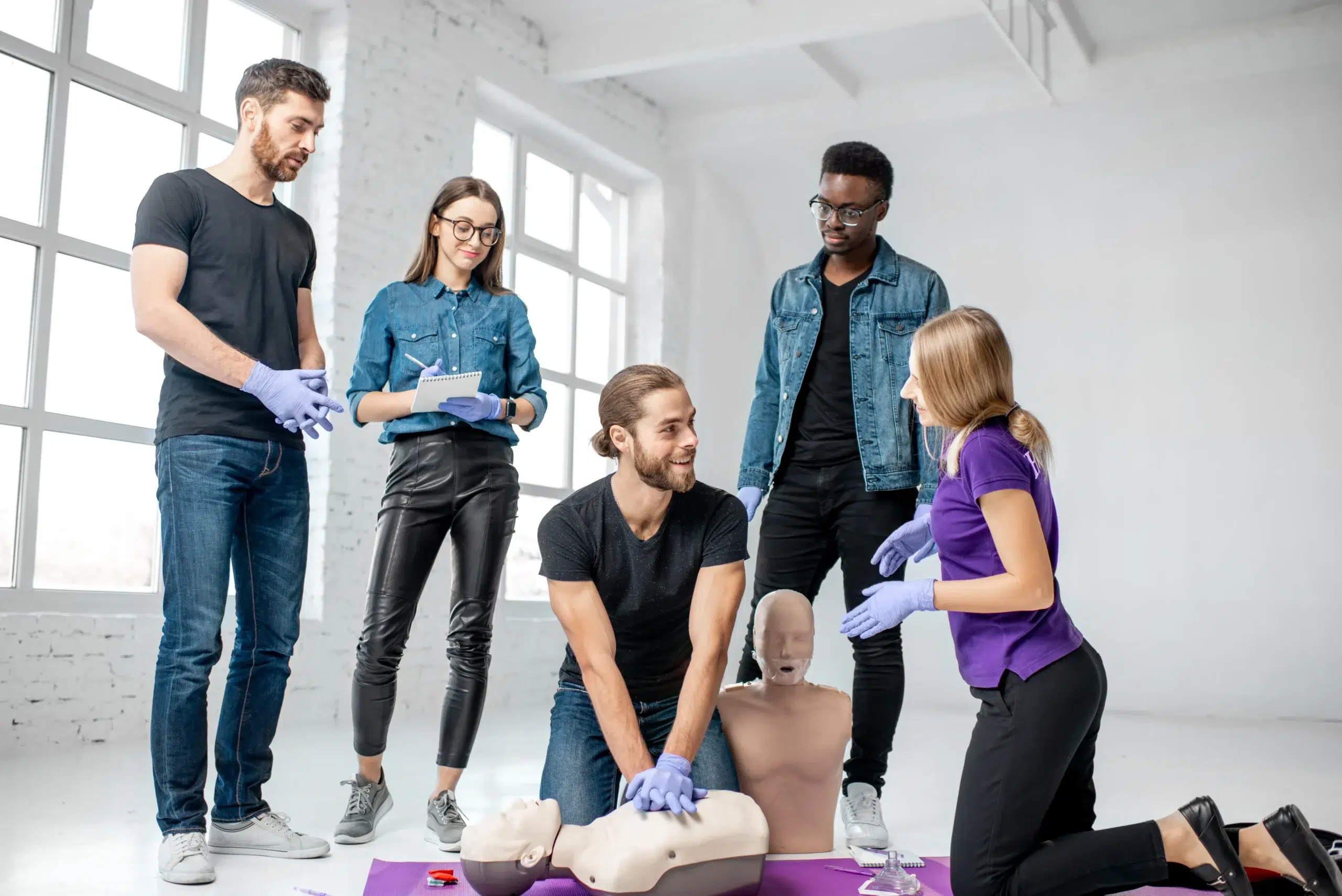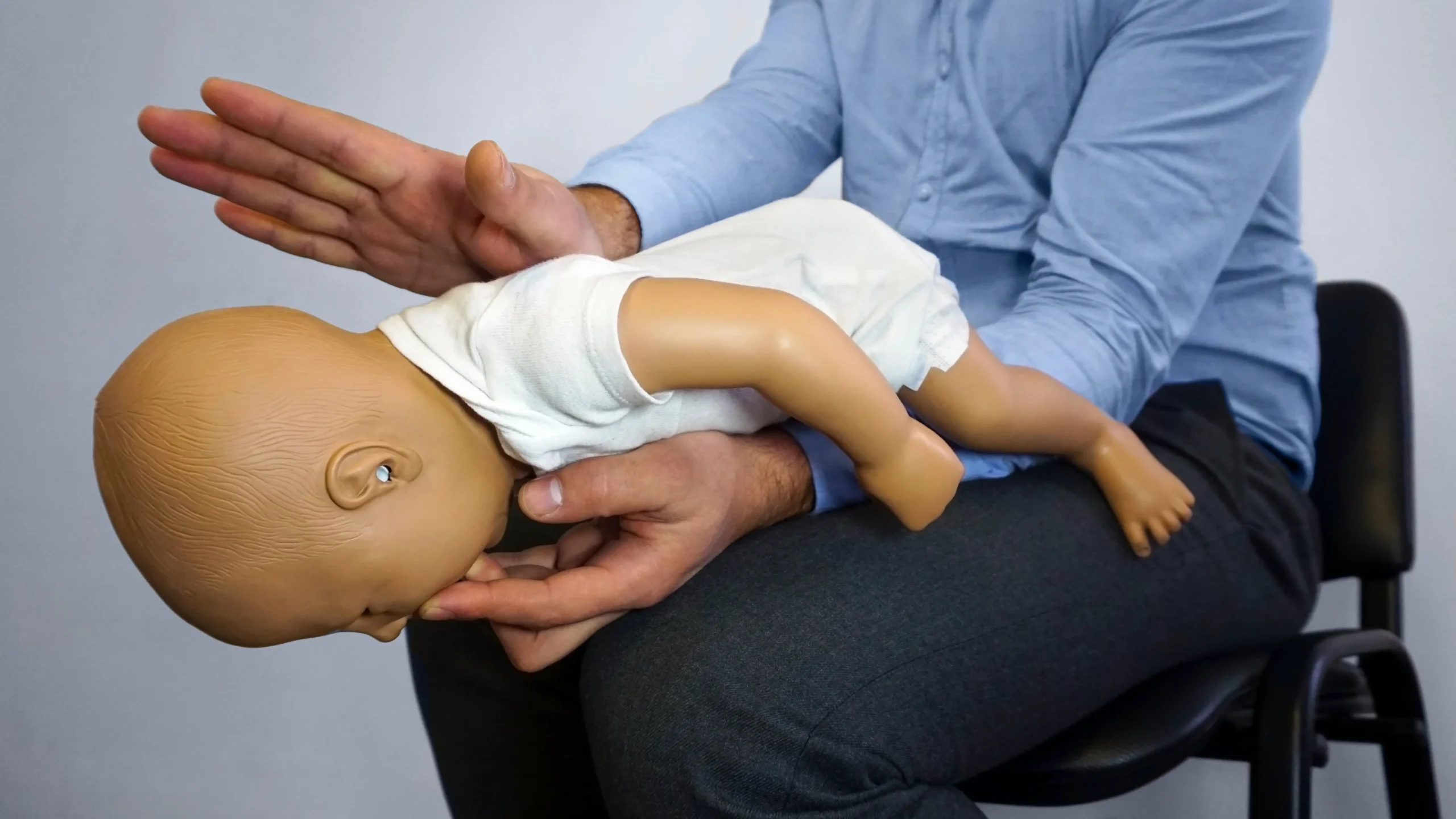Balancing work, life, and continuing education can feel like a constant juggling act, especially in demanding fields like healthcare. ACLS HeartCode in Fremont offers a flexible solution for professionals seeking advanced cardiovascular life support training. This blended learning format allows you to complete online modules at your own pace, followed by a focused in-person skills session. This comprehensive guide will cover everything you need to know about ACLS HeartCode, from course content and preparation to finding the right provider and maximizing your learning experience.
Key Takeaways
- ACLS HeartCode blends online learning with hands-on skills practice: This flexible format lets you learn the material at your own pace online and then demonstrate your skills in a practical, in-person session.
- Current BLS certification and foundational knowledge are prerequisites: Before beginning ACLS HeartCode, ensure your BLS for Healthcare Providers certification is up-to-date and review EKG interpretation and basic pharmacology.
- Maintain your skills through ongoing practice and continuing education: After completing the course, keep your skills sharp with refresher courses, simulations, and by staying informed about the latest AHA guidelines.
What is ACLS HeartCode?
ACLS HeartCode is the American Heart Association’s blended learning course for Advanced Cardiovascular Life Support. It’s designed for healthcare professionals who need to know how to treat adults in cardiac arrest and other cardiovascular emergencies. This format combines online learning with a hands-on skills session and testing.
Blended Learning
The blended learning approach lets you complete part of the ACLS course online at your own speed. This offers flexibility for busy professionals. You’ll then complete the required in-person skills session and testing with an AHA Instructor. This combination of online learning and hands-on practice aims to provide a well-rounded learning experience. Many providers, including Safety Training Seminars, offer this flexible option.
Online Modules & In-Person Skills
The online portion of ACLS HeartCode covers the core information you need. It includes interactive lessons, case studies, and self-assessments. Once you finish the online modules, you’ll schedule an in-person skills session with an AHA Instructor. This session focuses on practical application and reinforces the information you learned online. You’ll practice essential skills like CPR, airway management, and rhythm recognition.
Adaptive Learning
ACLS HeartCode uses adaptive learning technology. This means the online modules adjust to your learning pace and style. The program presents information and challenges based on your performance. If you’re grasping a concept quickly, you’ll move on to the next topic. If you need more practice, you’ll receive additional support. This personalized approach helps you focus on the areas where you need the most help.
ACLS HeartCode vs. Traditional ACLS
Choosing between ACLS HeartCode and traditional ACLS training depends on your learning style and schedule. Let’s break down the key differences to help you decide which format is best for you.
Time Efficiency & Flexibility
Traditional ACLS courses typically take place over a full weekend or several consecutive evenings. This can be difficult to manage with a busy work schedule or family commitments. ACLS HeartCode offers more flexibility. The online portion allows you to study at your own pace, whenever and wherever it’s convenient for you. You can review the material as often as needed and complete the online modules around your existing schedule. This blended learning approach combines online convenience with a separate, shorter in-person skills session, making it a more manageable option. If you’re looking for ACLS training in Newark, consider the time commitment of each format.
Self-Paced Learning
One of the biggest advantages of ACLS HeartCode is its self-directed learning format. The online modules use adaptive learning technology, personalizing the experience to your individual needs. This means you can spend more time on topics you find challenging and move quickly through areas where you’re already proficient. Traditional ACLS courses follow a set curriculum, which may not cater to individual learning speeds. With HeartCode, you’re in control. You set the pace, ensuring you fully grasp the material before moving on. This personalized approach can lead to a deeper understanding of the concepts and better retention. HeartCode ACLS is a great option if you prefer a more customized learning experience.
Skills Assessment
Both ACLS HeartCode and traditional ACLS include a skills assessment to demonstrate competency. In HeartCode, the skills session is a hands-on evaluation of the skills you learned during the online modules. You’ll work with an instructor to practice and refine your techniques, receiving immediate feedback and guidance. After completing the HeartCode ACLS Online Course and printing your completion certificate, you’ll attend this scheduled skills session. Traditional ACLS courses integrate skills practice throughout the course, but HeartCode separates the cognitive learning from the hands-on application. This allows for focused practice and ensures you’re fully prepared for the skills check. Vive CPR offers a helpful overview of what to expect during the skills session.
Prerequisites & Preparation
Before you begin your ACLS HeartCode training, make sure you’ve covered these essentials and adequately prepared yourself. Understanding these requirements will set you up for success in both the online and in-person components.
BLS Certification
You must have a current Basic Life Support (BLS) certification for Healthcare Providers. You’ll need to bring your HeartCode BLS online completion certificate to the in-person skills session. If your BLS certification is expiring soon, renew it before starting ACLS HeartCode training. You can find BLS courses in Newark through providers like Safety Training Seminars.
EKG Interpretation
A foundational understanding of electrocardiogram (EKG) interpretation is crucial for ACLS. You’ll be expected to interpret basic EKG rhythms as part of the course. Some providers offer a self-assessment to help you gauge your EKG proficiency and may provide additional tutoring. Brushing up on your EKG skills beforehand will make the course material much easier to grasp.
Pharmacology Fundamentals
While the online portion of ACLS HeartCode covers key pharmacology concepts related to managing cardiac emergencies, having some prior knowledge is beneficial. Familiarizing yourself with common medications used in ACLS scenarios will give you a head start. You can explore pharmacology resources online to strengthen your understanding.
Materials & Pre-Course Assessment
Although the online module provides the ACLS Provider Manual in eBook format, you’ll need a printed copy of your HeartCode ACLS course completion certificate for the in-person skills check-off. Print this out after completing the online portion. Double-checking you have all the required materials beforehand will prevent any last-minute scrambling.
Course Structure
ACLS HeartCode uses a blended learning format, combining online coursework with an in-person skills session. This approach allows you to learn the material at your own pace online and then demonstrate your skills in a practical setting.
Online Component
The online portion of ACLS HeartCode lets you work through interactive modules, case studies, and simulations. This self-directed learning covers essential ACLS algorithms and protocols. You’ll also have access to the ACLS Provider Manual eBook during this part of the course. This online component provides the foundation you’ll need for the in-person skills check. For those also needing basic life support certification, you can find more information about our BLS courses in Newark on our website.
In-Person Skills Session
While the initial learning happens online, the hands-on skills session is crucial for ACLS HeartCode certification. During this session, you’ll work with an instructor to practice essential skills like megacode simulations, bag-mask ventilation, and intravenous access. This in-person component ensures you can apply your online knowledge in a realistic environment. We offer a low price guarantee to make high-quality training accessible.
AHA Provider Manual
Although the online portion provides the ACLS Provider Manual as an eBook, you’ll need a printed copy of your HeartCode ACLS Course Completion Certificate for the in-person skills session. This certificate verifies that you’ve completed the online component and are ready for the practical skills check. We offer discounts for groups training together. Learn more about our CPR and First Aid certification courses.
Find ACLS HeartCode Providers in Fremont
Finding the right ACLS HeartCode training can feel overwhelming with so many options. To help narrow your search, we’ve compiled a list of providers in Fremont offering high-quality, AHA-aligned courses. Consider factors like course structure, hands-on practice, and scheduling flexibility when making your decision.
Safety Training Seminars
Safety Training Seminars offers a variety of American Heart Association courses, including BLS, ACLS, PALS, and CPR classes in Fremont. This makes them a convenient option for those seeking comprehensive life support training nearby. Check their website for specific course schedules and current offerings.
Fremont CPR Classes
Fremont CPR Classes provides ACLS certification courses that follow AHA guidelines. Their in-person ACLS classes emphasize hands-on skills practice. They use simulation equipment to give students experience with CPR, defibrillation, and advanced airway management. This focus on practical application helps build confidence for real-life emergencies.
Kaiser Permanente
Kaiser Permanente offers a range of Life Support classes, including BLS, ACLS, PALS, and PEARS certifications. They accept the AHA HeartCode (Part 1) course completion, which can be a convenient option for those already within the Kaiser system. Check their site for details on accepted certifications.
Choosing a Provider
When selecting an ACLS HeartCode provider, think about your priorities. Do you prefer blended learning with online modules and in-person skills sessions? Is scheduling flexibility important? Research providers in Fremont to find the best fit for your learning style and schedule. Contact providers directly with any questions about their programs.
Costs & Discounts
Understanding the cost of ACLS HeartCode training can help you budget effectively. Let’s break down the typical expenses.
Online Module Fees
The online portion of ACLS HeartCode training usually costs around $250. This covers access to the online modules and an eBook, allowing you to work through the material at your own pace. Think of it as building the knowledge base you’ll need before practicing your skills.
In-Person Skills Session Costs
The hands-on skills session, led by an instructor, typically costs about $100. This fee covers the instructor’s time, equipment use, and facility access. This portion of the training focuses on applying the knowledge you gained in the online modules and is crucial for mastering the practical aspects of ACLS. For a similar blended learning experience, check out our BLS courses in Newark.
Group Discounts & Special Rates
Training with a group? Ask about discounts! Many providers, including Safety Training Seminars, offer reduced rates for groups, making team training more affordable. Learn more on our group discount page. We also offer a low price guarantee, ensuring you receive excellent value.
Provider Pricing Comparison
Comparing prices between providers is always a good idea. While the average online module is around $168 and the in-person session is around $150, prices can vary. The total cost for both, including your AHA certification card, is typically about $290. Remember to factor in any potential travel costs when selecting your training location.
Certification Process
This section clarifies the steps to becoming ACLS certified through the HeartCode blended learning program. We’ll cover completion requirements, how long your certification is valid, and considerations for employer acceptance.
Completion Requirements
ACLS HeartCode certification involves two parts: online coursework and an in-person skills session. The online portion allows you to learn at your own pace through interactive modules and simulations. You’ll also have access to the ACLS Provider Manual eBook. However, remember to print your HeartCode ACLS Course Completion Certificate, as you’ll need it for the in-person skills checkoff. This hands-on session evaluates your ability to perform the skills you learned online in a simulated real-world environment. Think of it as a practical exam where you demonstrate your proficiency.
Certification Validity & Renewal
Upon successful completion of both the online modules and the in-person skills session, you’ll receive an American Heart Association (AHA) ACLS Provider certification. This nationally recognized certification is valid for two years. This means you’ll need to renew your certification every two years to maintain your credentials and stay current with the latest AHA guidelines.
Employer Acceptance
Most employers seeking AHA-certified ACLS providers readily accept the HeartCode blended learning certification. It’s always wise to confirm with your employer to ensure the HeartCode certification meets their specific requirements. If your employer doesn’t require an AHA certification, other online ACLS courses might be acceptable, but double-checking is always recommended. This proactive step can prevent issues later on.
Maximize Your ACLS HeartCode Experience
ACLS HeartCode certification blends online learning with in-person skills sessions, offering flexibility and a practical approach. To make the most of this format, consider these strategies for studying, time management, and hands-on practice.
Study Strategies
HeartCode’s blended learning format lets you learn at your own pace. Take advantage of this by breaking the online modules into manageable chunks. Instead of trying to cram everything in at once, dedicate specific times each day or week for studying. This approach helps with information retention and reduces burnout. Because the online portion uses adaptive learning technology, it personalizes your learning experience, focusing on areas where you need more practice. Focus on the concepts the program highlights for you.
Time Management
The online modules typically take between 10 and 15 hours to complete. Plan your study schedule accordingly, giving yourself ample time before your in-person skills session. Don’t wait until the last minute. If you need your BLS certification before starting ACLS, check out our BLS courses in Newark. Newark CPR Classes offers a variety of schedules for ACLS, so choose one that works for you and stick to it. Having a clear timeline will help you stay on track.
Hands-on Practice
While the online modules provide essential knowledge, the in-person skills session is crucial for applying what you’ve learned. This session involves hands-on practice, megacode scenarios, and team training. The ACLS skills session is designed to assess and demonstrate the skills you’ve acquired online. Come prepared to actively participate and engage with the instructors and other participants. This is your opportunity to refine your skills and gain confidence in performing ACLS in real-world situations. Take advantage of the opportunity to ask questions and get feedback from the instructors.
Post-Course Support & Resources
After completing your ACLS HeartCode training, continued learning and practice are key to maintaining your skills and staying up-to-date with the latest resuscitation guidelines. Here’s how you can continue to hone your skills and knowledge:
Refresher Courses
Regular refresher courses are a great way to reinforce your ACLS knowledge and skills. The American Heart Association offers convenient online refresher training that allows you to complete coursework at your own pace. This can be particularly helpful for busy professionals juggling demanding schedules.
Skills Practice Opportunities
Consistent practice is essential for mastering ACLS algorithms and interventions. Seek out opportunities to practice your skills through mock codes, simulations, or case studies. This combined approach of online learning and hands-on practice improves knowledge retention and practical skills acquisition. Consider partnering with colleagues to run through scenarios and provide constructive feedback.
Simulation Training
High-fidelity simulation training provides a realistic and safe environment to practice managing complex medical emergencies. Research demonstrates the effectiveness of simulation in reinforcing learning and improving long-term retention. Look for opportunities to participate in simulation training sessions to build your confidence and competence.
AHA Resources & Updates
The American Heart Association provides a wealth of resources to support your ongoing learning. Stay informed about the latest updates to resuscitation guidelines and best practices by subscribing to AHA publications and attending webinars. This ensures your skills remain current and aligned with the most recent scientific evidence.
Reviews & Common Concerns
Quality of Instruction & Effectiveness
Finding a reputable provider is key to a positive learning experience. High-quality instruction ensures you grasp the core concepts and develop the confidence to apply them in real-world scenarios. Look for training centers with experienced instructors, comprehensive curriculums, and supportive learning environments. Student reviews and testimonials often offer valuable insights into the quality of instruction and the overall effectiveness of different programs. For example, Safety Training Seminars offers a range of AHA-approved courses in nearby Fremont, covering various topics for comprehensive training. Remember, your choice of provider significantly impacts your learning journey.
FAQs
Many students have questions about the online portion of ACLS HeartCode. The HeartCode ACLS online course is a self-directed program that uses adaptive learning technology. This personalized approach lets you learn at your own pace and focus on areas needing more attention. Another common question is how to get the most out of blended learning. Completing the online modules is an important first step. However, active participation in the hands-on skills session is essential for mastering the practical application of ACLS.
Blended Learning Feedback
Students consistently appreciate the flexibility of blended learning. Programs like HeartCode Complete allow you to work through the material at your own speed, easily fitting the training into your busy schedule. This format combines online learning’s convenience with the crucial hands-on practice of in-person instruction. The blended learning approach offers a dynamic and effective way to learn and retain essential ACLS knowledge and skills. This balance makes it a popular choice for many healthcare professionals.
Related Articles
- Your Guide to ACLS HeartCode in Newark – Newark CPR Classes
- ACLS Courses in San Jose: The Complete Guide – Newark CPR Classes
- Advanced Cardiac Life Support (ACLS) in San Jose – Newark CPR Classes
- ACLS Renewal San Jose: Your Complete Guide – Newark CPR Classes
- HeartCode ACLS Online Course – The CPR Lady
Frequently Asked Questions
What exactly does the in-person portion of ACLS HeartCode entail? The in-person skills session focuses on hands-on practice and application of the knowledge you gained online. You’ll work with an AHA Instructor to practice essential skills like CPR, airway management, rhythm recognition, and megacode simulations. This session also includes a skills test to ensure you can perform these skills competently.
If I already have a BLS certification, do I need to renew it before taking ACLS HeartCode? Yes, you must have a current BLS for Healthcare Providers certification to take ACLS HeartCode. If your BLS certification expires before or during your ACLS course, you’ll need to renew it first.
How long does it take to complete the online portion of ACLS HeartCode? The online modules typically take between 10 and 15 hours to complete, but the self-paced nature of the course allows you to work through the material at your own speed. Some people may finish sooner, while others may take a bit longer.
Is ACLS HeartCode certification accepted by most employers? Yes, the AHA’s ACLS HeartCode blended learning certification is widely accepted by employers who require ACLS certification. However, it’s always a good idea to confirm with your specific employer to ensure it meets their requirements.
What are the costs associated with ACLS HeartCode training? The cost of ACLS HeartCode training is typically broken down into two parts: the online modules and the in-person skills session. The online portion usually costs around $250, while the in-person skills session is typically around $100. Prices can vary between providers, so it’s always best to check with the specific training center you’re considering. Many providers offer group discounts, so inquire about those if you’re training with colleagues.

